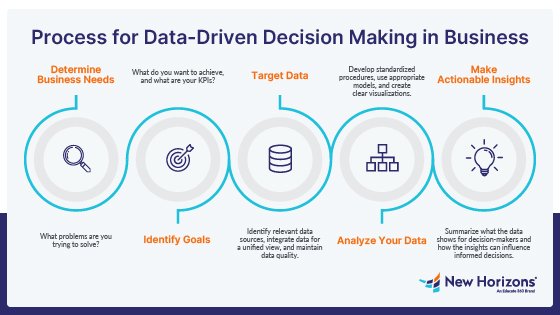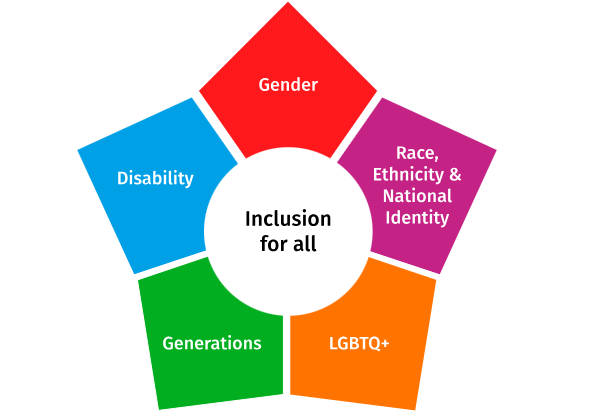
The Future of Educational Administration: Trends to Watch in 2025 and Beyond
Education is evolving, and so is the role of those who lead it. Educational administrators are no longer just managing schools and academic programs—they’re shaping the future of learning itself.
As we move into 2025 and beyond, the responsibilities of educational leaders are expanding to include digital transformation, equity initiatives, data-driven decision-making, and more. Whether you’re a current administrator, an aspiring leader, or a doctoral student in education, staying ahead of these trends is essential.
Here’s a look at the key shifts that are redefining educational administration—and what it means for the future of learning leadership.
Why Educational Leadership Matters More Than Ever
- Administrators set the tone for academic culture and student success
- Leadership impacts curriculum, technology integration, and equity
- Today’s decisions shape tomorrow’s education systems
- Schools need adaptable leaders to navigate complex, fast-changing challenges
1. Data-Informed Decision Making

Gone are the days of relying solely on instinct and tradition. Educational administrators in 2025 must use data to drive improvements—from student outcomes to teacher performance and resource allocation.
With access to real-time analytics and learning management systems, school leaders are expected to interpret data and turn it into actionable insights that improve student learning and overall school performance.
2. Equity and Inclusion as Strategic Priorities

Educational equity is no longer a side project—it’s front and center. Administrators are being called to create learning environments that are inclusive, culturally responsive, and accessible to all students.
This includes developing policies that address the needs of diverse student populations, investing in anti-bias training for faculty, and closing achievement gaps in underserved communities.
3. Tech Leadership and Digital Transformation

Digital learning isn’t just a pandemic response—it’s now a permanent part of the education ecosystem. Administrators are expected to lead the way in selecting and implementing technology tools that enhance both teaching and learning.
From managing virtual classrooms to ensuring cybersecurity and digital equity, leaders must understand the role of edtech and how it fits into long-term strategies.
4. Mental Health and Wellbeing Integration

School leaders are seeing a growing need to support the mental health and wellbeing of both students and staff. Forward-thinking administrators are prioritizing social-emotional learning (SEL), trauma-informed teaching, and wellness initiatives as part of their school culture.
Creating supportive environments where everyone feels seen and valued is now part of the administrator’s role—not just counselors or support staff.
5. Personalized and Competency-Based Learning
More institutions are moving toward personalized learning models that let students move at their own pace and demonstrate mastery through projects, portfolios, or real-world applications.
Administrators must be ready to support these shifts by updating curriculum policies, rethinking assessment methods, and providing ongoing training for educators.
6. Leadership in Hybrid and Remote Learning Models
Hybrid learning isn’t going away—and leaders need to be fluent in managing both in-person and virtual learning environments. This includes scheduling, staffing, student engagement, and equity of access.
Administrators who embrace flexibility and innovation will be better equipped to meet student needs in any format.
7. Strengthening Community Partnerships
School systems are no longer operating in silos. The most effective administrators are building strong partnerships with local businesses, nonprofits, and government agencies to support student learning beyond the classroom.
These collaborations can bring in mentorship opportunities, real-world learning experiences, and new funding sources.
8. Continuous Professional Development for Faculty
Leading educators means continuously growing them. Administrators are increasingly expected to create opportunities for teacher training, peer learning, and leadership development.
Empowering faculty with the skills and tools they need not only boosts teacher morale—it also drives student success.
Conclusion: The Administrator of Tomorrow Starts Today
Educational administration is no longer just about maintaining systems—it’s about transforming them. The leaders of 2025 and beyond must be visionary, data-literate, inclusive, and tech-savvy, ready to adapt and innovate at every turn.
Whether you’re already in an administrative role or just beginning your leadership journey, staying ahead of these trends will help you create lasting, meaningful impact in your school or institution.
